Preparing for your colonoscopy is important because it enables your physician to visibly access all areas of your colon to provide the best screening possible. A successful prep – one where your colon is thoroughly cleansed in advanced – makes it easier for your gastroenterologist to do their job thoroughly and accurately. When patients do not have a successful colonoscopy preparation, and stool is still visible in the colon, it makes it much harder for your doctor to do a thorough evaluation.
If you’re a person that tends to struggle regularly with constipation, the colonoscopy prep may be a bigger concern. You may wonder if the prep will actually work and feel an added worry about how this relates to the actual procedure. Fortunately, there are some additional things you can do a week or so in advance to make the entire process easier and more successful.
People who are often constipated frequently have a longer, tortuous colon which may be more challenging to completely empty out. In these cases, your doctor may provide some additional guidance regarding your prep. Follow along for some helpful suggestions for preparing for your colonoscopy if you tend to be constipated.
8 Things To Know If You Are Preparing For A Colonoscopy And Are Often Constipated
1. You should tell your doctor in advance that you struggle with constipation. People who tend to be constipated may have to think about their colonoscopy prep further in advance than those who are not. Make sure to let your doctor know in advance if constipation is something that you struggle with frequently. Depending on your symptoms and medical history, your doctor may advise additional things like Dulcolax to help make sure your colonoscopy prep is a success.
2. Ask your doctor about medications, vitamins and supplements you normally take. You may be advised to adjust your normal routine in some way depending on your situation.
3. Cut out high fiber foods several days before your procedure. This includes things like raw fruits and vegetables, canned and fresh corn, whole grains like oatmeal, brown rice, quinoa, popcorn, and wheat bread, all kinds of nuts, and seeds (including sunflower, sesame, and poppy). Focus instead of non-fibrous foods like soups (without vegetables), eggs, yogurt, white bread and puddings.
4. Your doctor may advise you to begin the clear liquid diet for your prep a day early (two days in advance). This involves avoiding solid foods and consuming clear liquids that are NOT red, blue, or purple in color. This includes things like gelatin, clear broth, sports drinks with electrolytes, black coffee, fruit juice like apple or white grape, and popsicles.
5. It can be helpful to drink lots of extra water the week leading up to your procedure to make sure you are very well hydrated. Not only is hydration a key part of addressing constipation, but it also may help to make your overall prep experience easier. Keep in mind that if you tend to drink caffeinated beverages like coffee and tea, these tend to have a dehydrating effect on your body, and you may need to compensate with additional water.
6. Make the time to deal with your worry and stress. Sometimes constipation is exacerbated by stress. It is important that you recognize and deal with this if possible. Find ways to help yourself relax. Consider trying mindfulness, meditation and/or breathing exercises, listen to relaxing music, and engage in other healthy practices that help you feel calmer and more relaxed.
7. Prioritize a healthy routine including getting enough sleep leading up to the procedure. While it is always important to focus on a healthy routine, including getting enough sleep each night, it may become even more important the week leading up to your colonoscopy. This can help you feel your best for the procedure, enabling you to follow the prep with greater ease, also reducing your level of stress and worry.
8. Don’t be embarrassed, constipation is something many people experience. According to the U.S. Department of Health and Human Services, National Institute of Diabetes and Digestive and Kidney diseases, constipation is common among people of every age and population in the U.S. Approximately 16% of adults experience symptoms of constipation on a regular basis, with this number increasing with age, to a third of adults 60 years and older.
Data reported by the Centers for Disease Control and Prevention (CDC) suggests that upwards of one in three adults ages 45 to 75 has not had a colonoscopy, the recommended screening for colorectal cancer. While there are many reasons why people may opt to avoid this recommended procedure, concerns about what is required to prepare for the exam certainly play a role for some.
The experienced team of medical professionals at Gastroenterology Health Partners is committed to making every patient’s experience with a colonoscopy as low stress and easy as possible. For more information or to schedule an appointment, contact Gastroenterology Health Partners today at a location near you.



